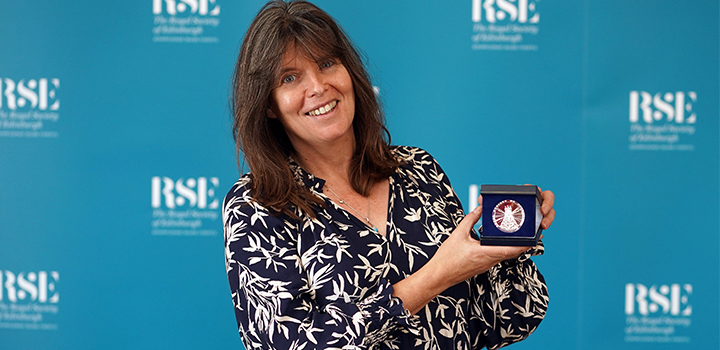Small climate change effects can be the most obvious
By: News Archive

Relatively small changes to the climate in some parts of the world can be more obvious than larger changes elsewhere, according to a new study involving the University of East Anglia.
A team led by the University of Reading looked at how climate change has already changed temperatures and rainfall patterns worldwide to the point that they would be unfamiliar to people living at the end of the 19th century. Crucially, they then examined how these changes compared with climate fluctuations already experienced in different regions of the globe.
They found mid-latitude countries like the UK and US were experiencing relatively large changes in temperature compared to tropical regions, but the experience of these changes were being masked by the fact the weather in these countries is more erratic.
Conversely, the smaller changes in countries in the tropics were found to be the most obvious and may be having a greater impact on society because people are used to a generally more settled climate.
Prof Ed Hawkins, climate scientist and lead author at the University of Reading and NCAS, said: “These findings are important as it shows there is no one-size-fits-all approach to adapting to climate change.
“Climate change impacts in some countries are being hidden by their own changeable weather. People in these countries are already used to coping with swings between hot and cold or wet and dry conditions, meaning even sizable changes to their climate may be less obvious. Alternatively, countries with steady climates are more likely to notice their warming climate, despite the changes being less dramatic.
“Where climate change is smaller, we run the risk of thinking it is insignificant. We need to realise where climate change might be hiding in plain sight because this tends to be regions which are more vulnerable and less able to adapt.”
Co-author Prof Manoj Joshi, of UEA’s School of Environmental Sciences, said: “An example of such noticeable changes might be temperatures in the warmest months of the year exceeding the limits that societies have become familiar with over the last century.”
The study, published in the AGU journal Geophysical Research Letters, was by scientists from the University of Reading, UEA, Victoria University of Wellington, University of Oxford, University of Melbourne and University of Chile.
Related Articles

Prof Jenni Barclay honoured by the Royal Society of Edinburgh
Prof Jenni Barclay, Professor of Volcanology, has been honoured for her contributions to the emerging field of social volcanology by the Royal Society of Edinburgh with the James Hutton Medal.
Read more
Protect delicate polar ecosystems by mapping biodiversity
Polar regions contain vast, undiscovered biodiversity but are both the most-threatened and least-understood areas of the world.
Read more
Six UEA professors named in Highly Cited Researchers 2023 list
Six UEA professors have been named in the annual Highly Cited Researchers list for 2023, which celebrates some of the most influential researchers in the world today.
Read more